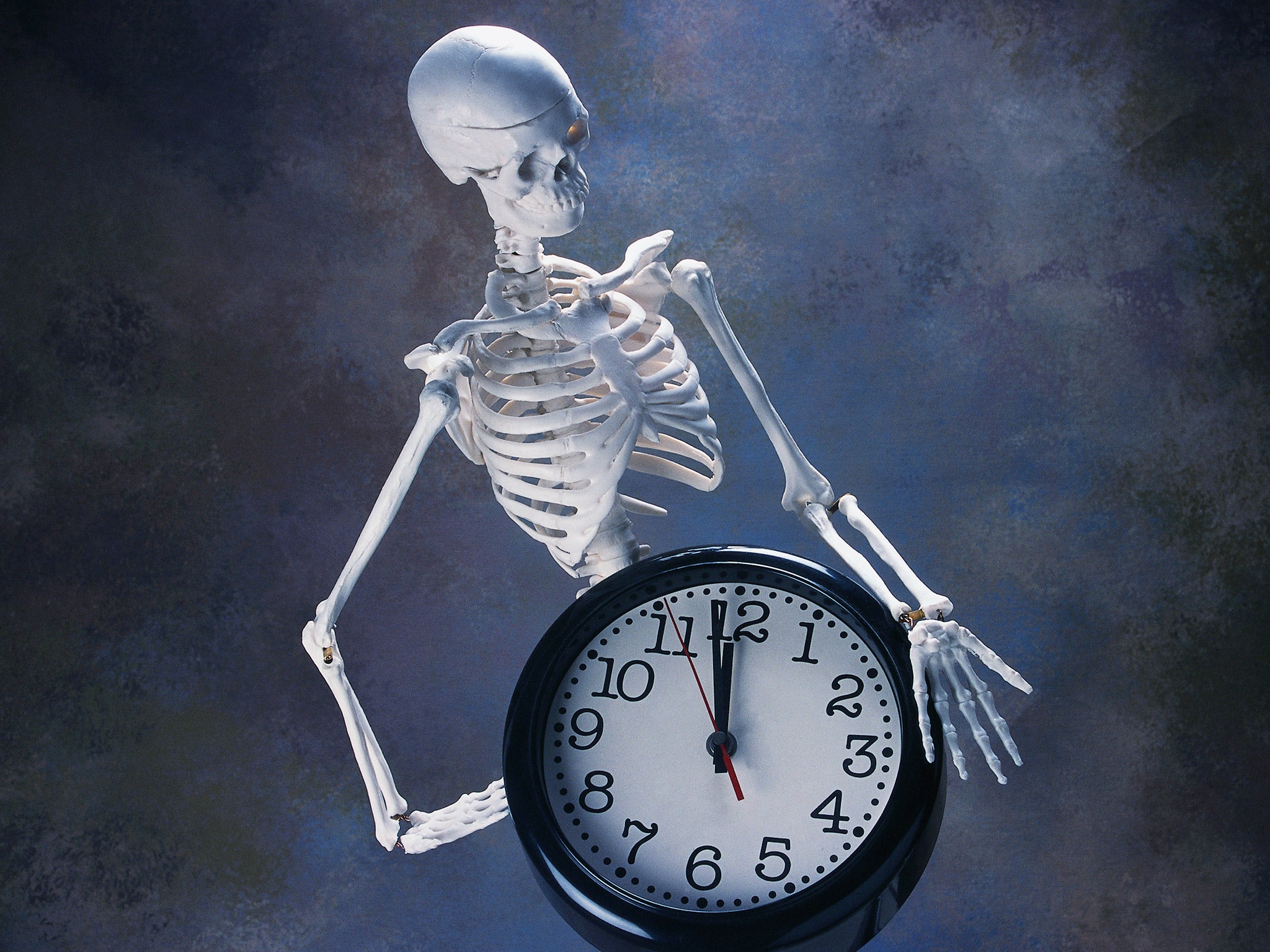When are you going to die, according to statistics? Use our tool
Answer 14 questions devised by a team of statisticians and data scientists

We’ve all had enough turkey, mince pies and mulled wine by the time Christmas Day rolls around, let’s face it.
But would you enjoy it all the more if you knew exactly how many more Christmases you had left?
Play our life calculator below, and now you can (statistically).
Answer 14 questions devised by a team of statisticians and data scientists from the University of Pennsylvania to find the age you can expect to live to, together with the age you’ve got a 75% chance of making it to. The results are based on data collected from 500,000 samples over ten years by the US National Institute of Health and the American Association of Retired Persons.
Why so many questions? Because income, education and relationship status influence how long you’ll stay alive – and these are factors you can positively influence.
“It's easier to start wearing a seatbelt than it is to change your genes, ” says Lyle Ungar, professor of computer and information science at the University of Pennsylvania. “We're interested in what people can do to affect their length and quality of life.”
His advice? “Don't smoke cigarettes. Do wear a seatbelt and a bike helmet. The biggest thing people should do more of: exercise. You get about two hours of life expectancy for each hour you exercise. Plus you'll be healthier in your old age.”
Fall in love if you want another half decade on the planet, he says; “people who are happy and in good relationship live on average five years longer than those who are not.”
Tool provided by Abaris.
Join our commenting forum
Join thought-provoking conversations, follow other Independent readers and see their replies
0Comments